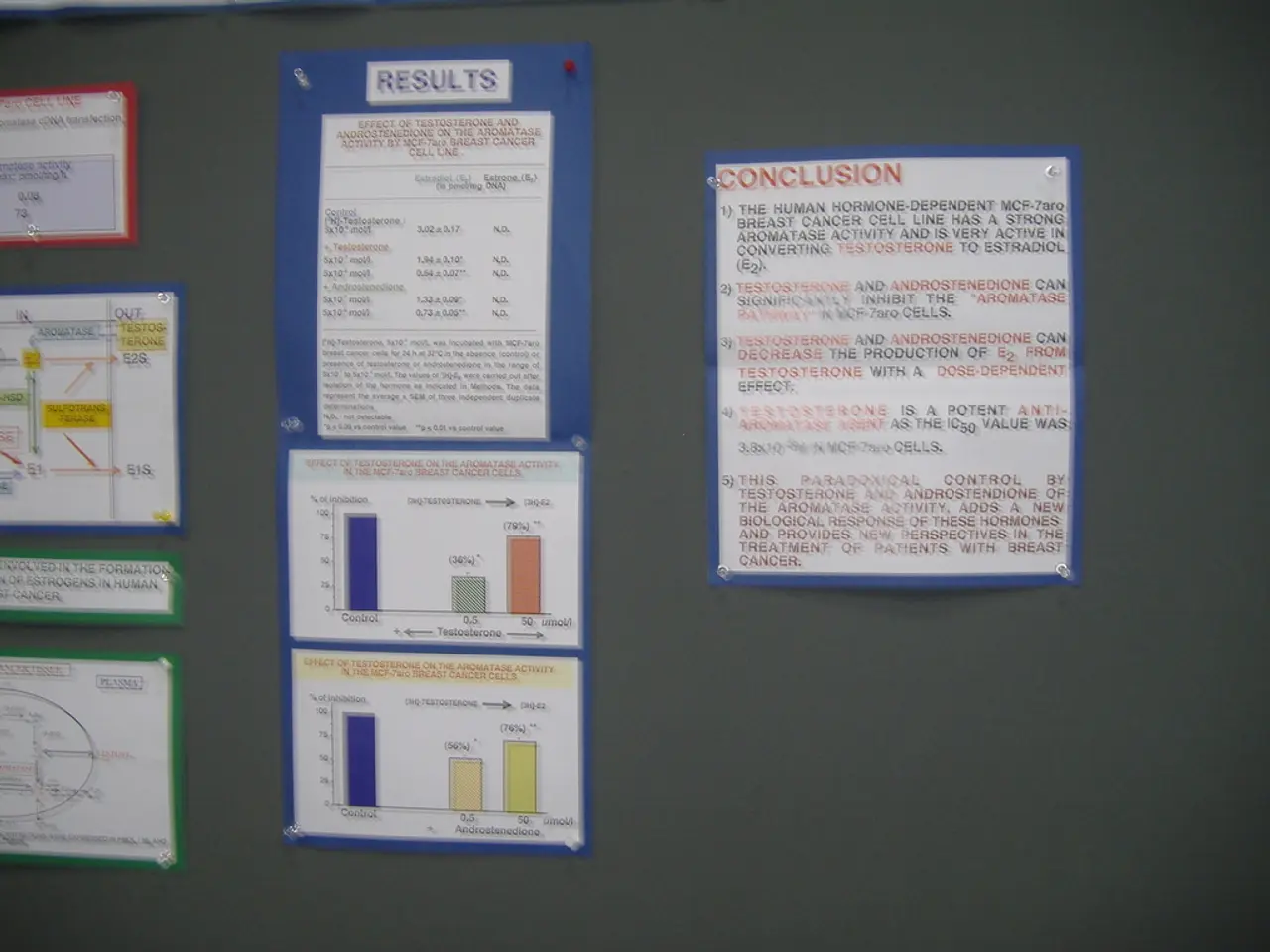Discussing Discretionary Denials at the PTAB: Insights and Patterns from Two Months of the Director's Interim Briefing Process
In a significant development for the Patent Trial and Appeal Board (PTAB), the United States Patent and Trademark Office (USPTO) has implemented an interim process for managing its workload, which includes a more expansive discretionary denials framework. This change, resumed following the rescission of the previous "Vidal Memo," introduces a bifurcated decision framework where discretionary denials are considered before substantive institution decisions.
Key elements of this new process include:
- Interim Process and Bifurcation Since March 26, 2025, the Director consults with at least three PTAB judges after briefing from both parties if a preliminary response or its deadline has passed. The Director's discretionary denial decision precedes referral of the petition to a three-judge panel for statutory institution decisions if denial is not applied. This bifurcation aims to manage PTAB workload and focus resources on stronger challenges.
- Guidance and Criteria for Discretionary Denials The memoranda issued by Acting Director Coke Morgan Stewart and Chief Administrative Judge Scott Boalick emphasize a flexible discretionary standard considering multiple factors, such as parallel judicial proceedings involving the same patent, prior adjudications of patent validity in the PTAB or other forums, changes in law or precedent affecting patentability, the strength of the challenge and expert testimony reliance, settled expectations of patent owners, including claim longevity, and public policy considerations like economic or national security interests.
- Impact and Strategic Considerations The renewed emphasis on discretionary denials drives a strategic recalibration by patent owners and petitioners. Petitioners may face increased hurdles when parallel district court litigation is pending or when practical considerations suggest deferring PTAB review. Patent owners benefit from enhanced protections rooted in "settled expectations" regarding enforcement and claim stability.
This development in PTAB workload management is set to have far-reaching implications for patent litigation in the United States. Stakeholders should closely monitor evolving decisions and guidance as this discretion-driven approach continues to develop through 2025.
Meanwhile, a webinar is planned to offer Continuing Legal Education (CLE) credit for experienced New York attorneys only. The event, titled "Discretionary Denial at the PTAB: Evolving Insights From the Director's Interim Briefing Process," will further explore developments in the process and their implications for discretionary denial practice at the PTAB. Attendees may also be able to claim England & Wales CPD.
Additionally, attendees will receive a uniform certificate of attendance that shows the states in which the program was approved, including Colorado, New Jersey, and California. However, it is important to note that CLE credit is not available for on-demand webinar recordings.
For those interested in Colorado CLE, WilmerHale has been approved as a Colorado Certified Provider. The type and amount of credit awarded in Colorado will be determined solely by the Colorado Supreme Court. Attendees may also be able to claim New Jersey credit as it grants reciprocal credit for programs approved in New York.
Lastly, a subsequent webinar will delve deeper into trends in arguments for and against discretionary denial. This event will provide valuable insights for both patent owners and petitioners seeking to navigate the evolving landscape of PTAB litigation.
As the USPTO continues to refine its interim process for PTAB workload management, it is crucial for stakeholders to stay informed and adapt their strategies accordingly to ensure the best possible outcomes in patent disputes.
- The implementation of an interim process by the USPTO for managing PTAB workload has introduced a bifurcated decision framework, which includes a more expansive discretionary denials framework centered around technology-related patents.
- The renewed emphasis on discretionary denials in patent litigation is set to have far-reaching implications for all stakeholders, including patent owners, petitioners, and attorneys, as they navigate the evolving landscape of PTAB litigation involving technology-based patents.




